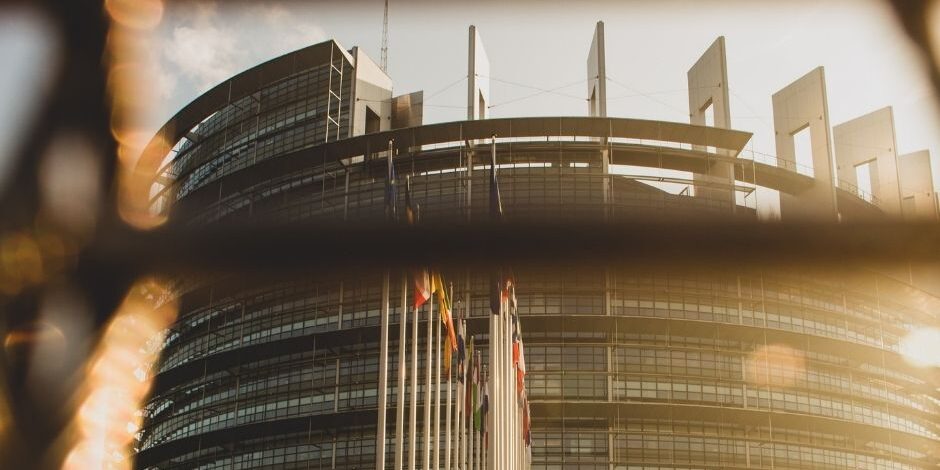Social media regulation is a field not yet complete. Steps are being taken gradually, but major developments are expected from major institutions. One such institution is the European Union, and in this sense an important step was recently taken with the anti-illegal content measures voted on and proposed by the European Parliament, to ensure that the platforms are accountable for their algorithms and there is better control over the content they publish.
The document approved by the European Parliament with 530 votes in favor, 78 against and 80 abstentions, will be the mandate for negotiations with the French Presidency of the Council, which represents the EU Member States.
The draft law on digital services introduces a “notification and action” mechanism, as well as checks for the removal of illegal products, services or content from the internet. Big online platforms will be subject to special obligations due to the particular risks they pose regarding the dissemination of illegal and harmful content.
Once enacted, the Digital Services Act is expected to contribute to a more effective fight against harmful content and misinformation, and its provisions include mandatory risk assessment, risk mitigation measures, independent audits, and transparency of the “recommendation systems”, meaning the algorithms that determine what users see.









